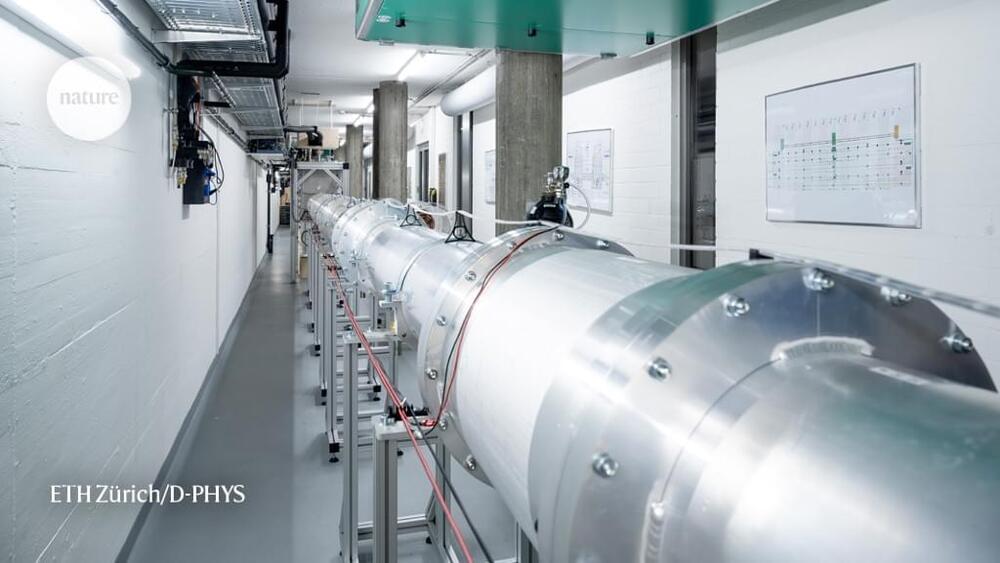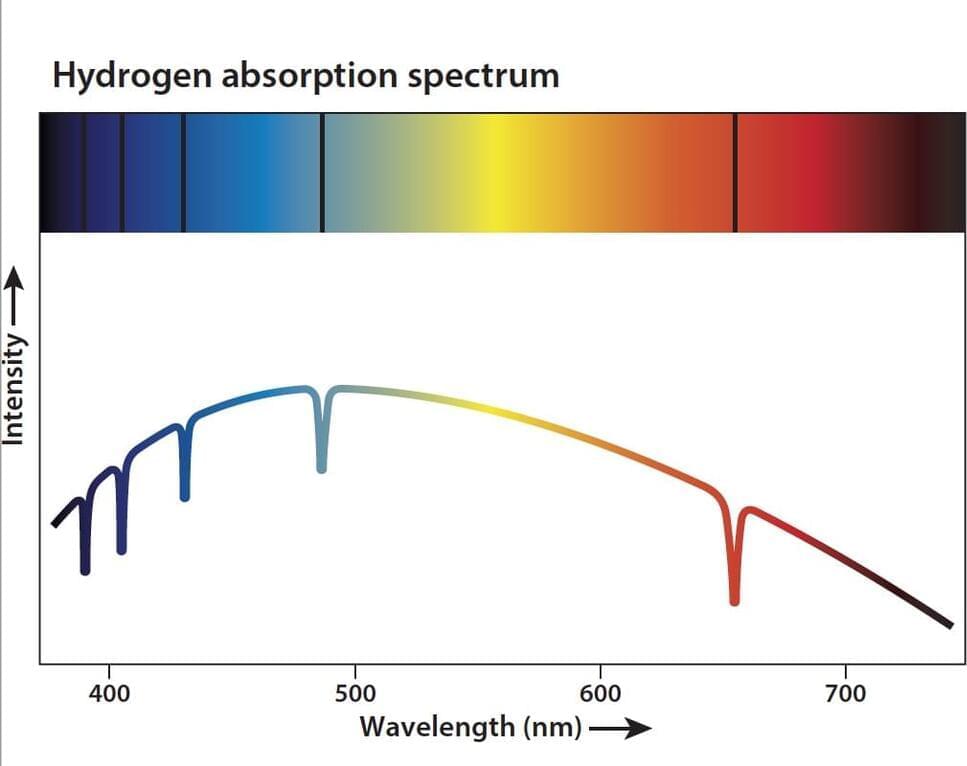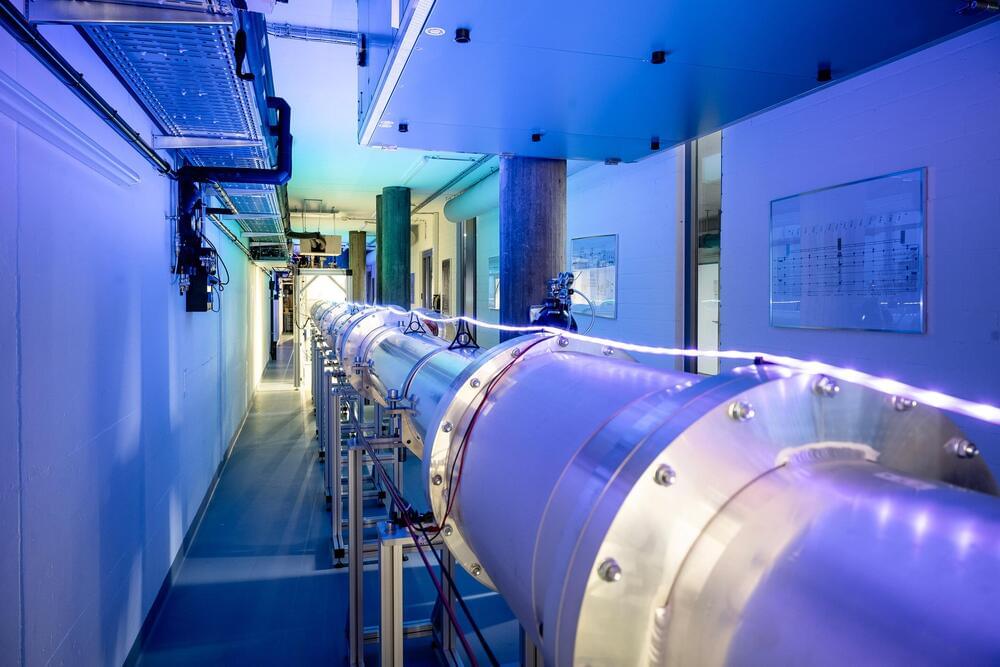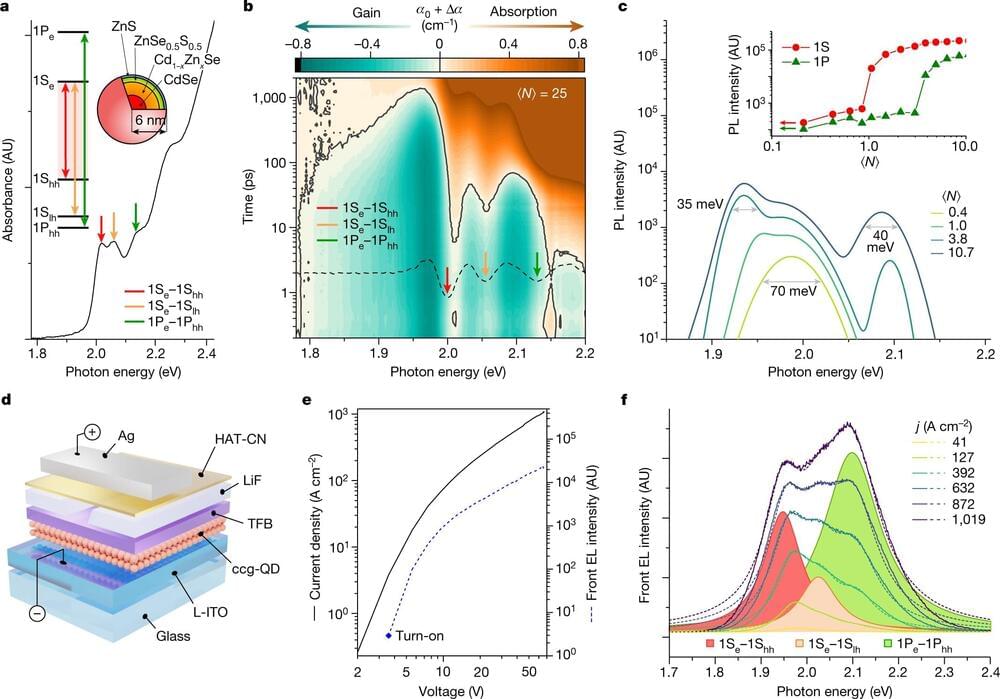Yesterday the U.S. Preventative Service Task Force (USPSTF) announced an updated recommendation for breast cancer screening focusing on encouraging more women to begin biennial (every other year) mammograms at age 40. This recommendation, available online now in draft form, is an update to the Task Force’s January 2016 recommendation that women aged 50 – 74 receive mammograms every other year. At the same time, the USPSTF noted that women in their 40s should make an individual choice regarding regular breast cancer screening.
The USPSTF, comprised of experts in disease prevention and evidence-based medicine, serves as an independent team striving to improve the health of people throughout the United States. The Task Force recommends preventative healthcare based on evidence and clinical data. While the recommendations levied by the Task Force pertain to various preventative services, including cancer screening, behavioral counseling, and preventive medicines, the group’s overarching focus remains to help stay healthy.
Importantly, the USPSTF does not conduct its own studies or clinical trials. Instead, this group reviews evidence on preventative approaches to different diseases to conclude the potential pros and cons of such measures.







